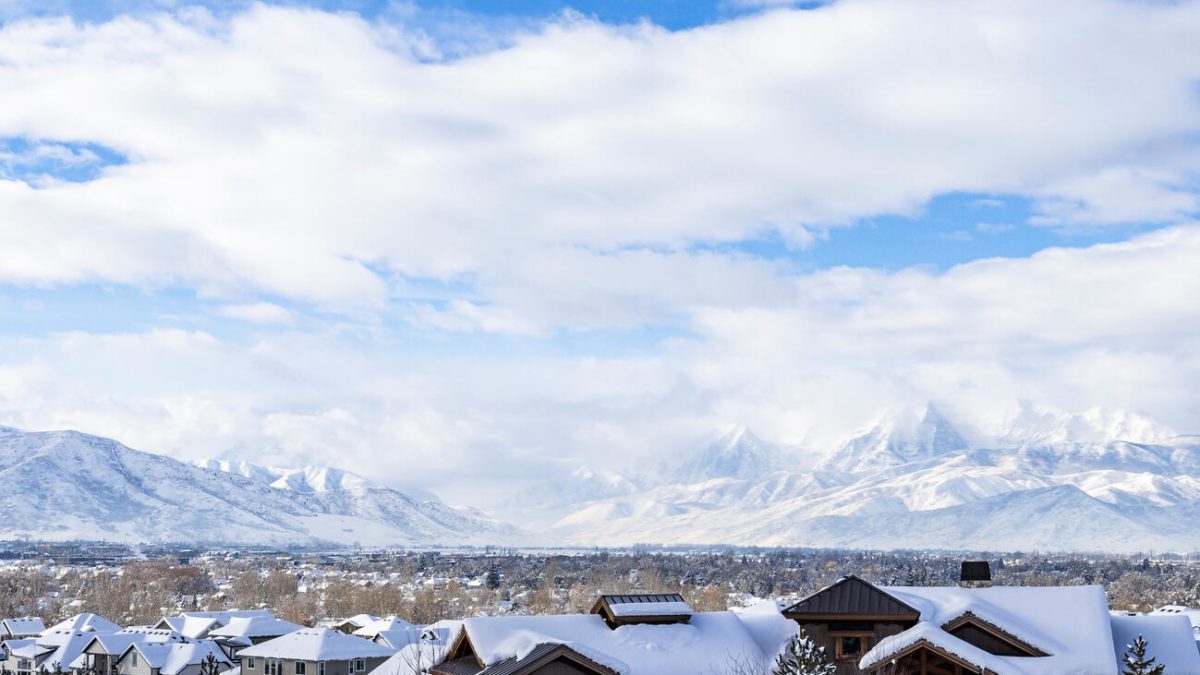PARK CITY, Utah — As the clock ticks down to the 2034 Winter Olympics in Salt Lake City, anticipation is building—and not just for the thrill of world-class athletics. The Wasatch Front & Back real estate market is poised for a gold medal performance of its own. With the eyes of the world turning to Utah’s capital, homeowners and investors alike are asking: How will the Games reshape the landscape of property values in this mountain metropolis?
While predicting the future is never certain, historical trends suggest that major events like the Olympics typically have a significant impact on real estate markets in host cities. Property values often see an uptick in the years leading up to the Games, driven by infrastructure improvements and increased global attention. Areas in close proximity to Olympic venues and those with efficient transportation links to event sites generally experience the most notable value increases.
Salt Lake City stands in a unique position due to its successful hosting of the 2002 Winter Olympics. Much of the infrastructure from those Games remains in use today, meaning the 2034 event would require no additional state or local taxpayer funding—a significant advantage over many other host cities. This preparedness, with all proposed venues within a one-hour drive, instills confidence in the city’s commitment to Olympic-standard facilities while potentially mitigating pre-Games real estate speculation.
Unlike some former host cities that faced post-Games “bubble bursts,” Utah’s position as a world-class travel destination paints a different picture. The Olympics are expected to showcase Utah’s breathtaking landscapes and vibrant culture, likely sparking an “I would like to live (or visit) here!” response from global visitors. This compact layout and existing appeal could extend the real estate impact beyond immediate Olympic sites, making surrounding areas more attractive to potential homebuyers and investors.
The Games could significantly impact the local rental market as well, particularly in the short-term sector. During the event, property owners often see a surge in demand and can command premium rates from visitors, media personnel, and event staff. Platforms like Airbnb have become increasingly important in recent Olympics, with some hosts in previous host cities reporting substantial earnings during the event period.
While the immediate effects are clear, the long-term impact on both property values and rental rates can vary. But Salt Lake City’s enduring appeal as a year-round playground for outdoor enthusiasts and urban adventurers could transform the Games’ exposure into sustained growth for the local housing market. This existing appeal as a travel destination could influence how these trends play out after 2034, potentially maintaining momentum long after the Olympic flame is extinguished.
The excitement for the 2034 Winter Olympics is already building in Salt Lake City. If you’re considering capitalizing on this unique opportunity by buying or selling property before the Games, Inhabit Park City is ready to guide you through the process. Our team’s local expertise and understanding of Olympic-driven market dynamics can help you make informed real estate decisions. Don’t miss your chance to be part of this historic moment!
Julie Snyder is an experienced real estate professional who serves as a lifestyle resource for clients looking to buy or sell in the Park City area, offering luxury real estate services backed by the power of a global brand. The founder of Inhabit Park City and a sales agent at Summit Sotheby’s International Realty, Julie aims to understand her client’s needs and lifestyles before pairing them with carefully curated options that fulfill their criteria and wishes. Julie describes herself as honest, analytical, and passionate. Utilizing market data, strong negotiation skills, and effective communication, Julie easily navigates Utah’s competitive real estate market. She views herself as a relocation specialist and proudly shares her deep local knowledge of the area’s schools, neighborhoods, restaurants, clubs, and outdoor experiences.


